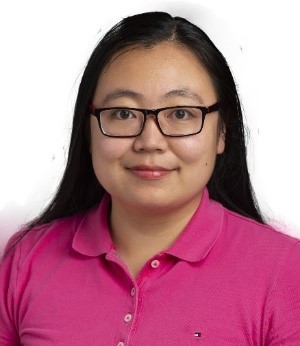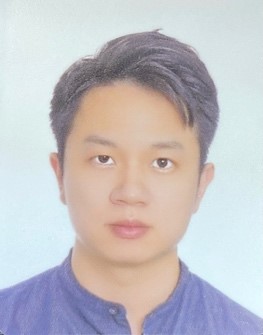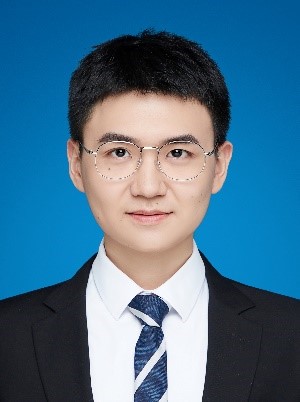Tutorial 01: AI and Optimization Techniques for Low-Carbon Power System Operation
Abstract of the Proposal:
Over the last few decades, climatic changes have become a global concern due to the burning of fossil fuels, while CO2 from power sectors neared 14.6 Gt in 2021. Numerous countries have proposed national strategies for low-carbon power systems to promote energy shares of renewable resources. However, such renewable resources cast challenges in securely and economically operating power systems. In this session, we will discuss how to resolve these challenges by leveraging the latest AI and optimization techniques. Particularly, we will focus on the following three sub-sections:
Speakers:

Bing Yan
Assistant Professor, Rochester Institute of Technology
Bio: Dr. Bing Yan is currently an assistant professor in the Department of Electrical and Microelectronic Engineering at Rochester Institute of Technology. She received the B.S. degree in information management and information system from Renmin University of China in 2010, M.S. degrees in electrical engineering and statistics from University of Connecticut in 2012 and 2017, respectively, and Ph.D. degree in electrical engineering from University of Connecticut in 2016. Before joining Rochester Institute of Technology, she was an assistant research professor in the Department of Electrical and Computer Engineering, University of Connecticut. Dr. Yan's research interests include operation optimization of smart power and energy systems, planning and scheduling of intelligent manufacturing systems, self-optimizing factories, and mathematical optimization of large-scale mixed-integer linear programming problems. She published more than 40 peer-reviewed journal articles and conference proceedings in power and energy society, and robotics and automation.

Wenjie Zhang
Research Assistant Professor, The Hong Kong Polytechnic University
Bio: Dr. Wenjie Zhang holds a Bachelor of Engineering degree from the School of Artificial Intelligence and Automation at Huazhong University of Science and Technology in China, which he obtained in 2015. In 2020, he received his Doctor of Philosophy in electrical and computer engineering from the National University of Singapore. In 2019, he served as a visiting scholar at Stanford University. Since 2019, Dr. Zhang has worked as a lead data scientist and AI consultant for several public companies in the FinTech and semiconductor domains. Currently, he is a Research Assistant Professor in the Department of Electrical Engineering at the Hong Kong Polytechnic University. Dr. Zhang's research interests focus on explainable and trustworthy AI and its applications in smart grids, with a broad scope encompassing big data analytics and multimodal learning. He has secured more than seven internal industrial funding awards as the principal investigator and served as a principal researcher in four national research projects supported by government agencies such as the Energy Market Authority in Singapore and AI@SG.

Wei Lin
Postdoctoral Fellow, The Hong Kong Polytechnic University
Bio: Dr. Wei Lin received his B.E., and Ph.D. degrees from Chongqing University, China, in 2016, and 2021, respectively. He was a visiting research scholar at the University of Connecticut, from 2019 to 2020. Before working as a postdoctoral fellow at The Hong Kong Polytechnic University on September 2022, he was a postdoctoral fellow at The Chinese University of Hong Kong. His research interests include the coordination of complex systems, electricity markets, and AI in energy. He has published more than 20 peer-reviewed papers in recognized journals and conferences. He participated in more than 10 projects, including National Key R&D Programs of China, HK RGC projects, and ISO-NE projects. He was a committee member of the 2022 IEEE ISGT-Asia, the technical program chair of the CEEPE 2022, and the skeleton member of the IEEE PES Composite System Reliability Task Force. He is an owner of the 2022 Power Science and Technology Progress Award (Third-class Prize) of Chinese Society for Electrical Engineering.
